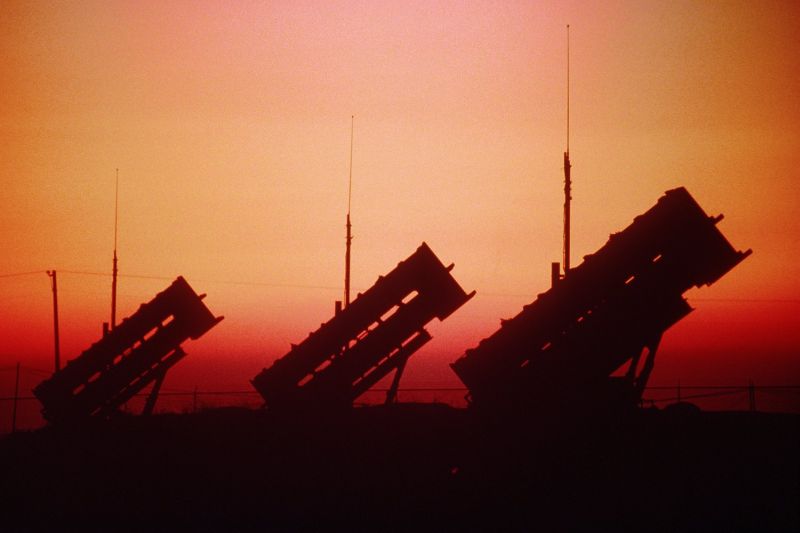Turkey said Saturday it was open to new bids in its plan to acquire its first long-range anti-missile system, should its controversial negotiations with China come to nothing.
“It is not a finalized deal yet. If US and European companies make us better offers, we will continue to talk with them,” said Foreign Minister Ahmet Davutoglu, who was quoted by Turkish newspapers.
Last month, in a move that irritated Turkey’s allies in NATO, particularlythe United States, Ankara announced it was entering talks with the China Precision Machinery Export-Import Corporation (CPMIEC) to buy a long-range anti-missile system.
The US said it had “serious concerns” about the deal estimated at $4 billion (2.9 billion euros). Over the past decade the US has hit the Chinese company with a series of sanctions for selling arms and missile technology to Iran and Syria.
CPMIEC, which makes the HQ-9 missile system, beat out competition
from a US partnership of Raytheon and Lockheed Martin, Russia’s Rosoboronexport, and Italian-French consortium Eurosam.
Davutoglu said Turkey had ruled out the Russian company but not the other two. “If offers more suitable for us are formulated, our relevant authorities will evaluate them,” the minister added.
Turkish Prime Minister Recep Tayyip Erdogan on Wednesday defended the decision to enter into talks with China. “Nobody has the right to intervene in (Turkey’s) independent decisions,” he said.



,+HEAT,+and+HE-FRAG+125+mm+ZPT98+digital+battlefiel+(4).jpg)














.jpg)
.national+combined+aircraft+conceptual+design+turkish+air+force+fifth+5th+generation+fighter+jet+(1).jpg)
.jpg)

.jpg)
.jpg)
+received++2nd+Peace+Eye+Boeing+737+Airborne+Early+Warning+and+Control+(AEW&C)+aircraft+from+the+United+States+Royal+Australian+Air+Force+Republic+of+Korea+Air+Force+Turkish+Air+For.jpg)
.jpg)
+++TURKISH+AIR+FORCE+OPERATIONAL+EXERCISE+FLAG+RED.jpg)


